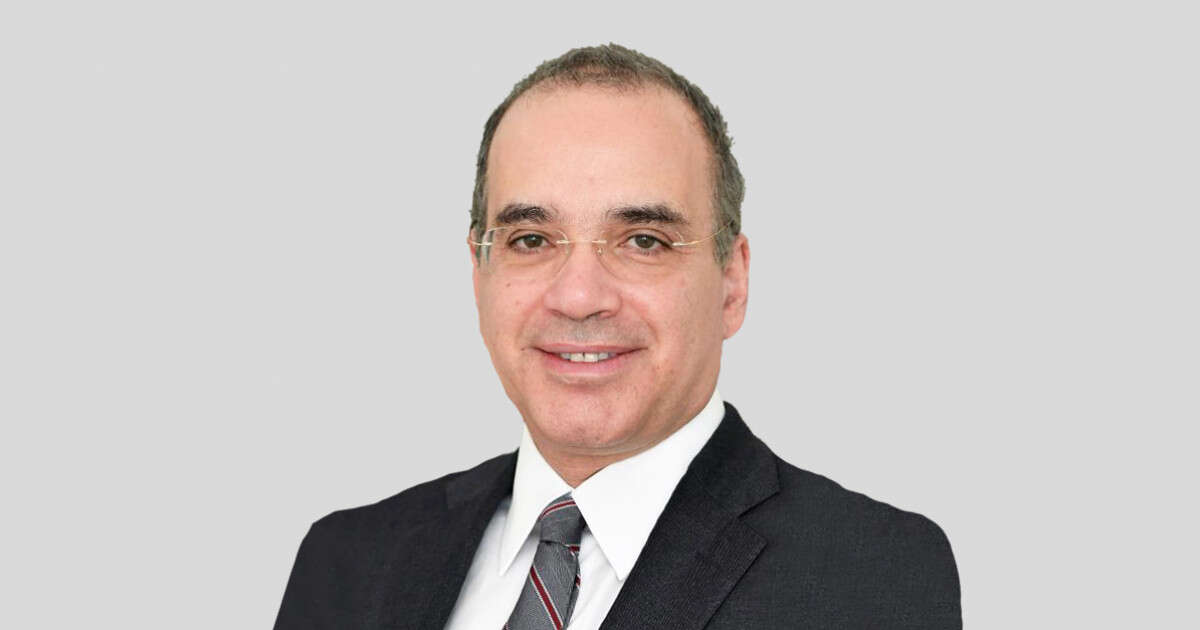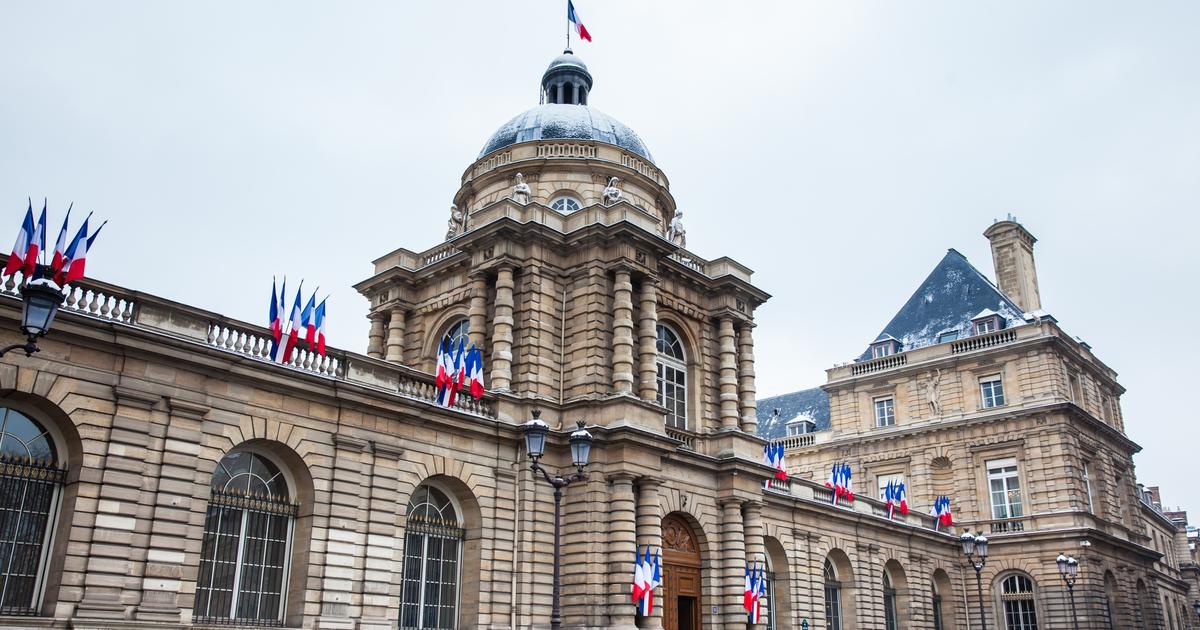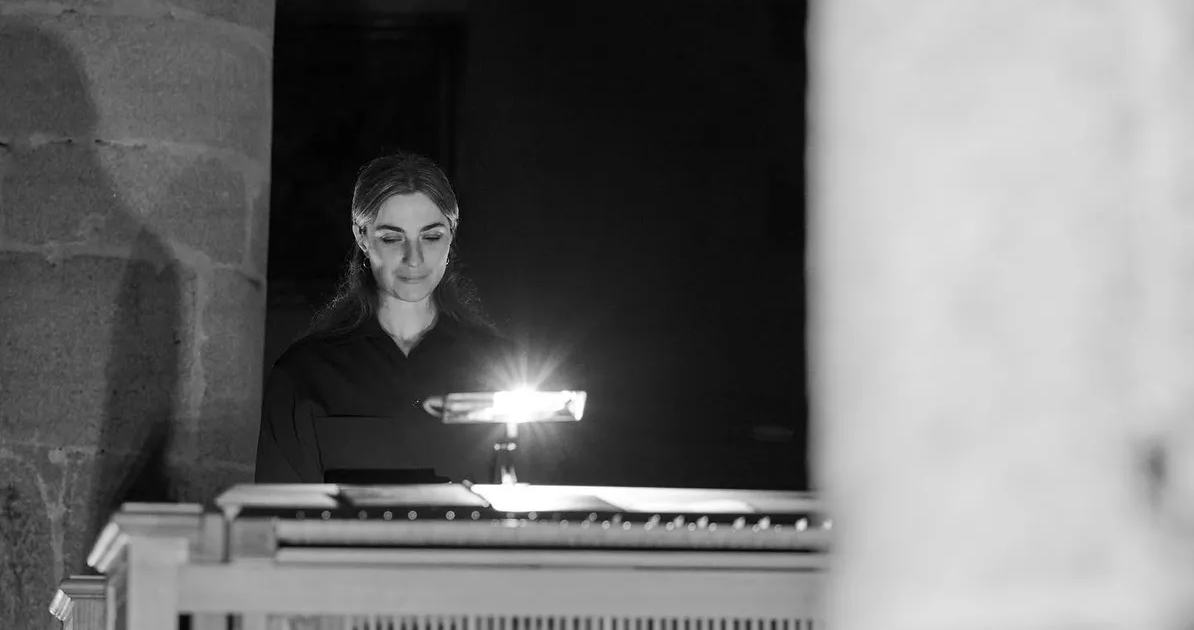In 2009, as a percentage of the US population was incarcerated in the various prisons. President Trump, resulting in the release of thousands of prisoners, mostly blacks and Hispanics.
The answer is simple. The most fundamental right to a fair trial before an objective judge, almost disappearing in the US. More than 95 percent of the country's criminal proceedings end in a defendant's confession and plea bargain. Trials for a judge, during which defendants can froze on charges, are almost nonexistent. This is a phenomenon that should provoke anxiety. For every person, and especially for those in charge of protecting the rule of law.
The background to this situation is clear. The severe and unimaginable penalties set out in criminal law legislation lead to the fact that the vast majority of defendants would prefer not to fight for their innocence, risking extended prison sentences. It is better to admit and reduce the risk of prolonged imprisonment. In addition to the severe penalties, the prosecution has basket offenses such as money laundering, conspiracy and disruption of court proceedings, offenses that, due to human nature, are often committed alongside the major offenses, and can be added to the indictments, thereby adding to the weight of the sword hanging over the defendants' heads. In fact, there is no balance in the balance of power between the claim and the defendant.
Adding to this the prosecution's exclusive ability to use state witnesses, the defendant's leeway is almost nil. Hence, the defendant, in fact, has no option but to give up justice and admit.
Unfortunately, this phenomenon has spread to all countries in the free world to one degree or another. To combat it, a few years ago, the French legislature passed a criminal order reform that aims to radically limit the use of the prison sentence. The law provides that, as a matter of principle, courts should refrain from issuing prison sentences and use alternative penalties provided by law. Only in particularly serious cases and for special reasons can the court impose a prison sentence.
The idea behind this approach is that the alternative penalties for which the defendants' property forfeiture is added are sufficient to deter most of the public from breaking the law. In fact, the sentence of imprisonment usually only commits to offenses involving violence. However, the day-to-day media coverage of crime coverage and the various scandals results in putting pressure on lawmakers to intensify punishment, prosecution to strictly enforce the law, and judges to cut harsh penalties. The situation in continental Europe is much better than in the countries where the British legal tradition is practiced, but the Americanization of law, which has already arrived in Israel, is also making its way to Europe. It is hoped that the European Court of Human Rights, as well as the Supreme Court in Israel, will pose obstacles to this phenomenon, which severely threatens individual liberty. Humans are inherently wrong. Not every mistake, even serious, should lead to prison.
Attorney Ron Sofer is a member of the Israeli Bar Association in New York and Paris and is authorized to appear before the International Court of Justice in The Hague









